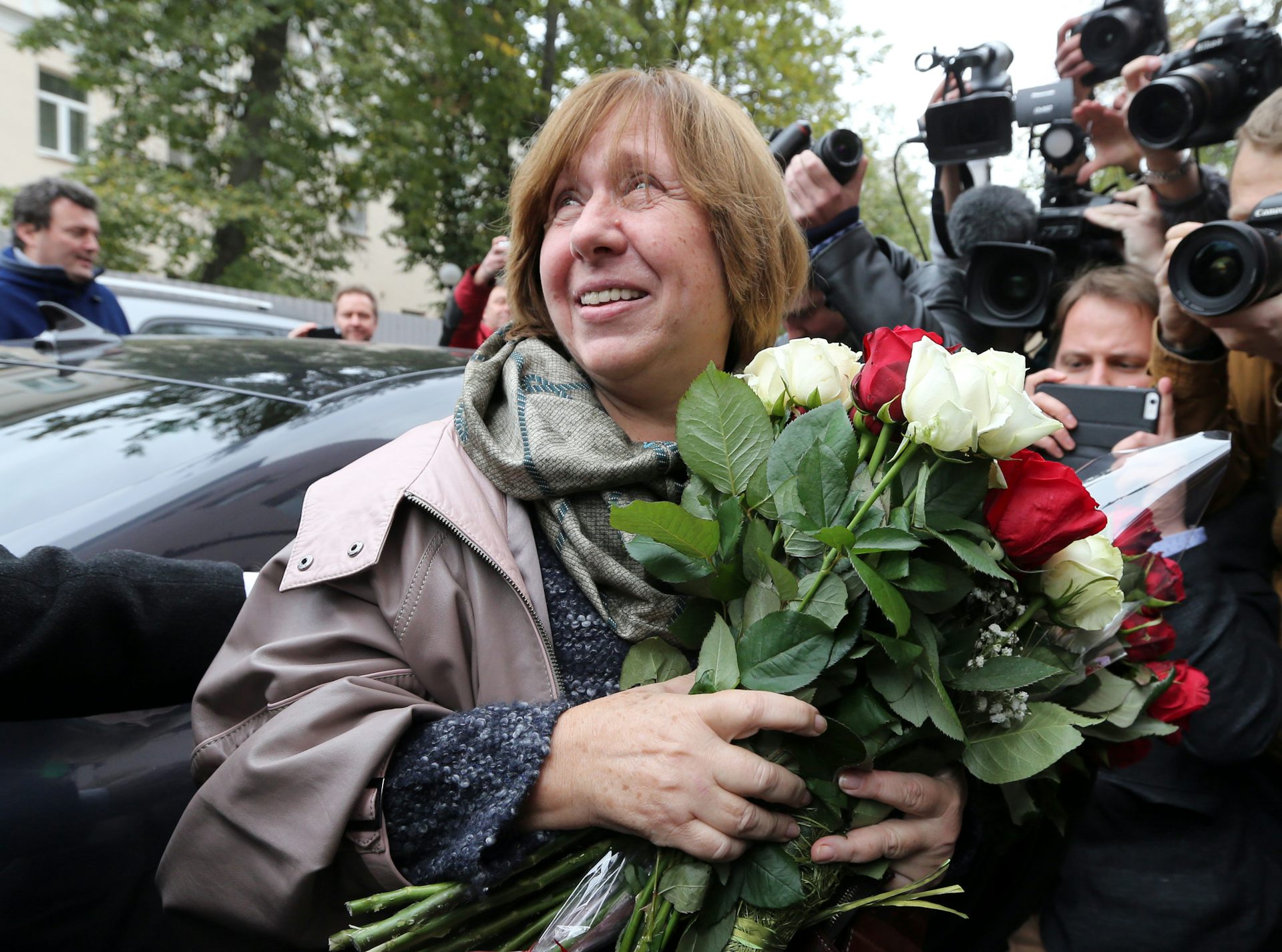
Then he hugged me and screamed, ‘Mama!!!’”Īlexievich has described her lifelong project as a “history of human feelings.” But here it is her subjects who set the agenda by shading in the facts with their own kaleidoscope of emotions and sensations.

‘Papa!!’ I was wearing men’s clothes and a hat. “Why don’t you recognize your mama?” she asked the boy.

The returning partisan Raissa Khosenevich remembers being unable to hold back when the son she had long been separated from told her his mother was dead. Fitting in as Soviet women after the experience of conflict proved much more difficult than simply exchanging a uniform for a dress. But my feet were used to size 10 boots,” a sniper recalls of resuming civilian life. Yet what ultimately felt to them like a man’s world of war later forced Alexievich’s women to struggle to recognize themselves. Universal History Archive/UIG, via Getty Images “Everyone to the Struggle Against Fascism!” Credit. Maria Smirnova, one of the book’s many medics who managed to survive years of dragging the bodies of wounded troops from under fire, recalls how the German and Soviet guns both went silent while she entered a no-man’s-land to rescue an artillerist. … A woman’s smile,” a surgeon says about a soldier she met again after the war. “He told me that my smile brought him back to life, from the other world, as they say. Even as her subjects themselves tend to hold traditional views of femininity, they make the point that their beauty, their empathy and their ability to provoke compassion in others gave them special advantages in wartime. The other agrees: “How could I have bad feelings about them? But could you marry your brother?”Īlexievich gives the lie to any assumption that war need be an “unwomanly” business. “Those were brave, extraordinary girls,” one says.

“Try telling it, and who will give you a job then, who will marry you? We were silent as fish.” Two male veterans Alexievich meets on a train debate the merits of front-line women. “There was no one I could tell that I had been wounded, that I had a concussion,” a former antiaircraft artillery commander recalls of life after the war. After decades of the war being remembered by “men writing about men,” she aims to give voice to an aging generation of women who found themselves dismissed not just as storytellers but also as veterans, mothers and even potential wives. The Alexievich of “The Unwomanly Face of War” is not all that different from the hundreds of women she interviews.


 0 kommentar(er)
0 kommentar(er)
